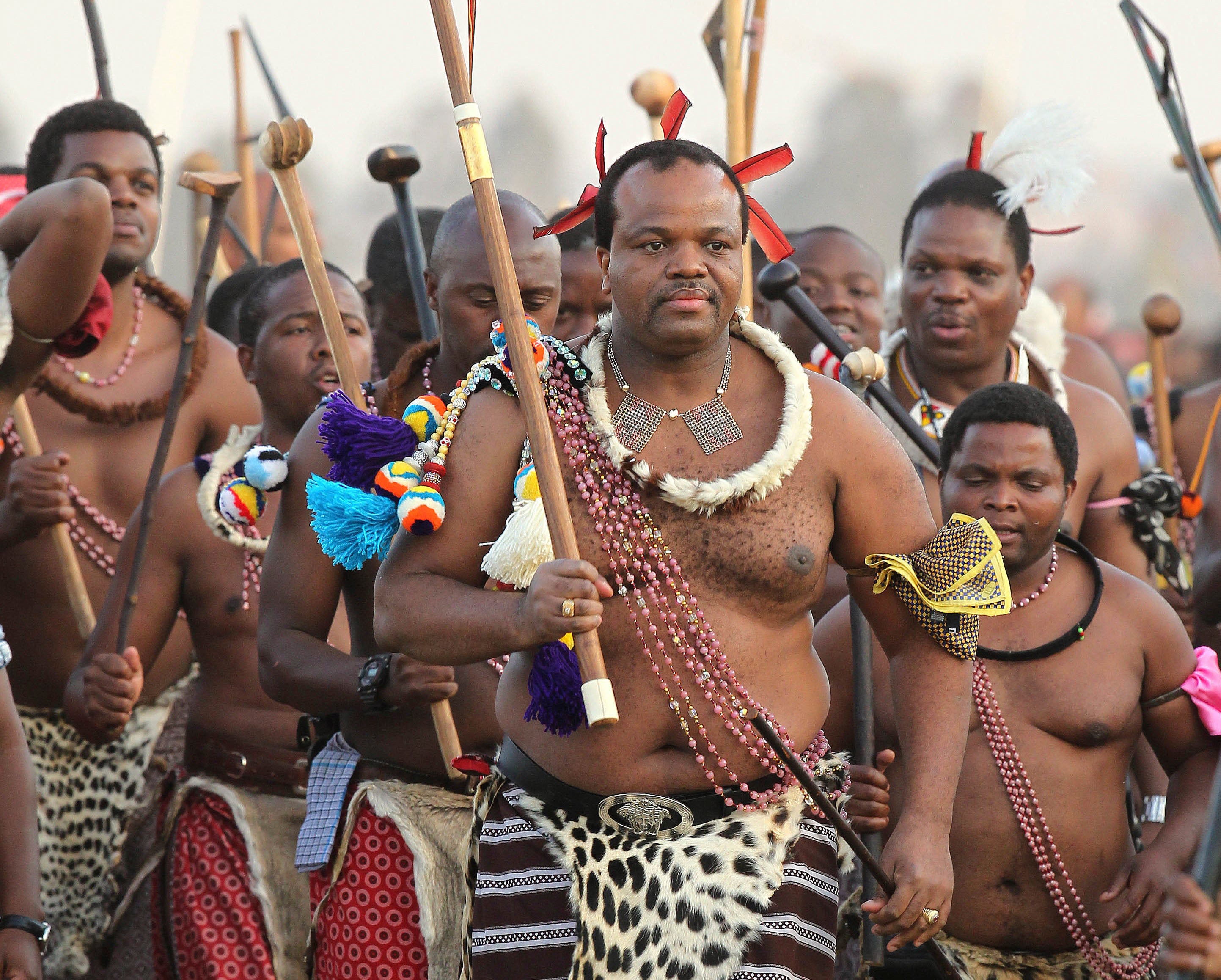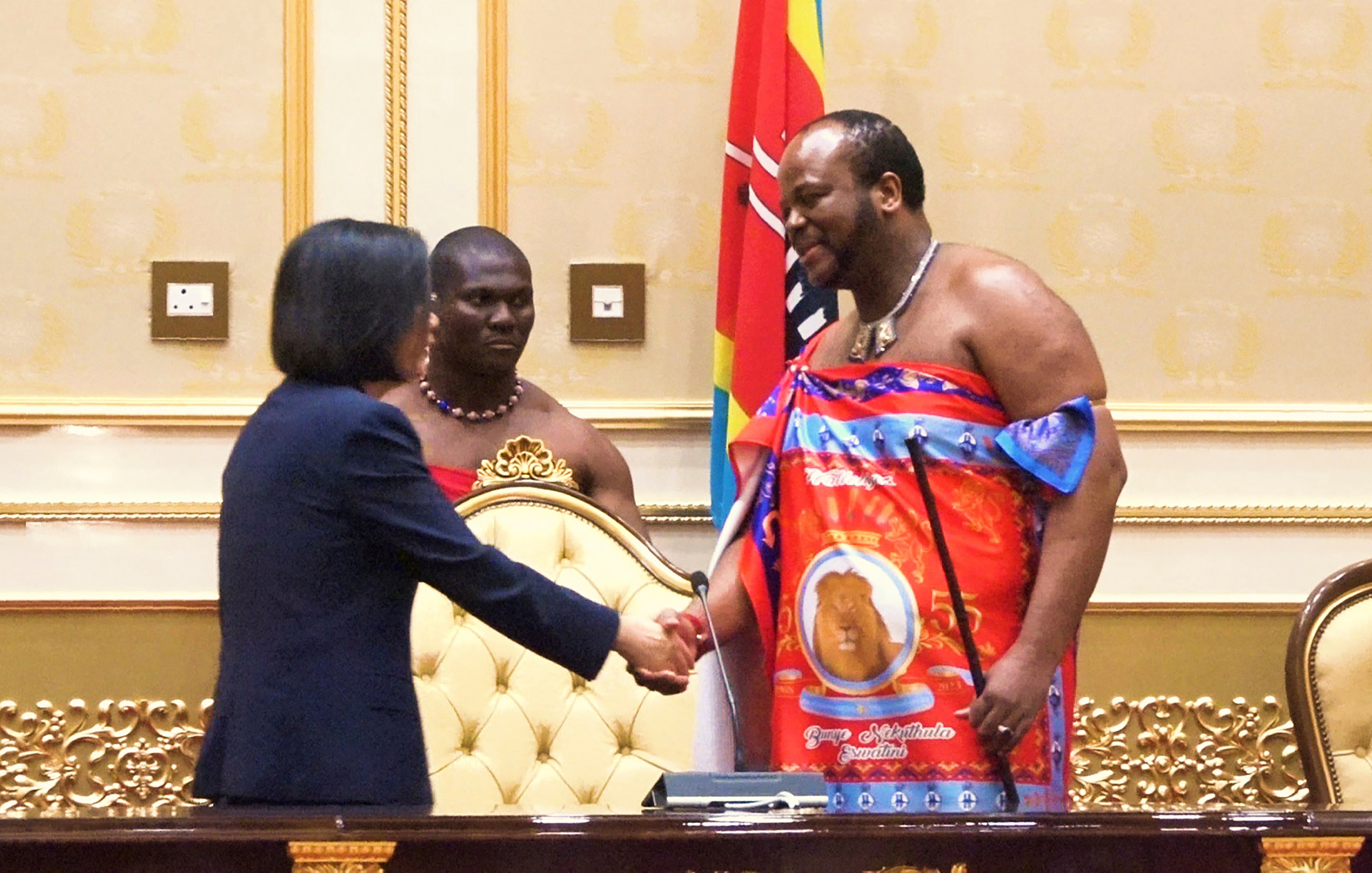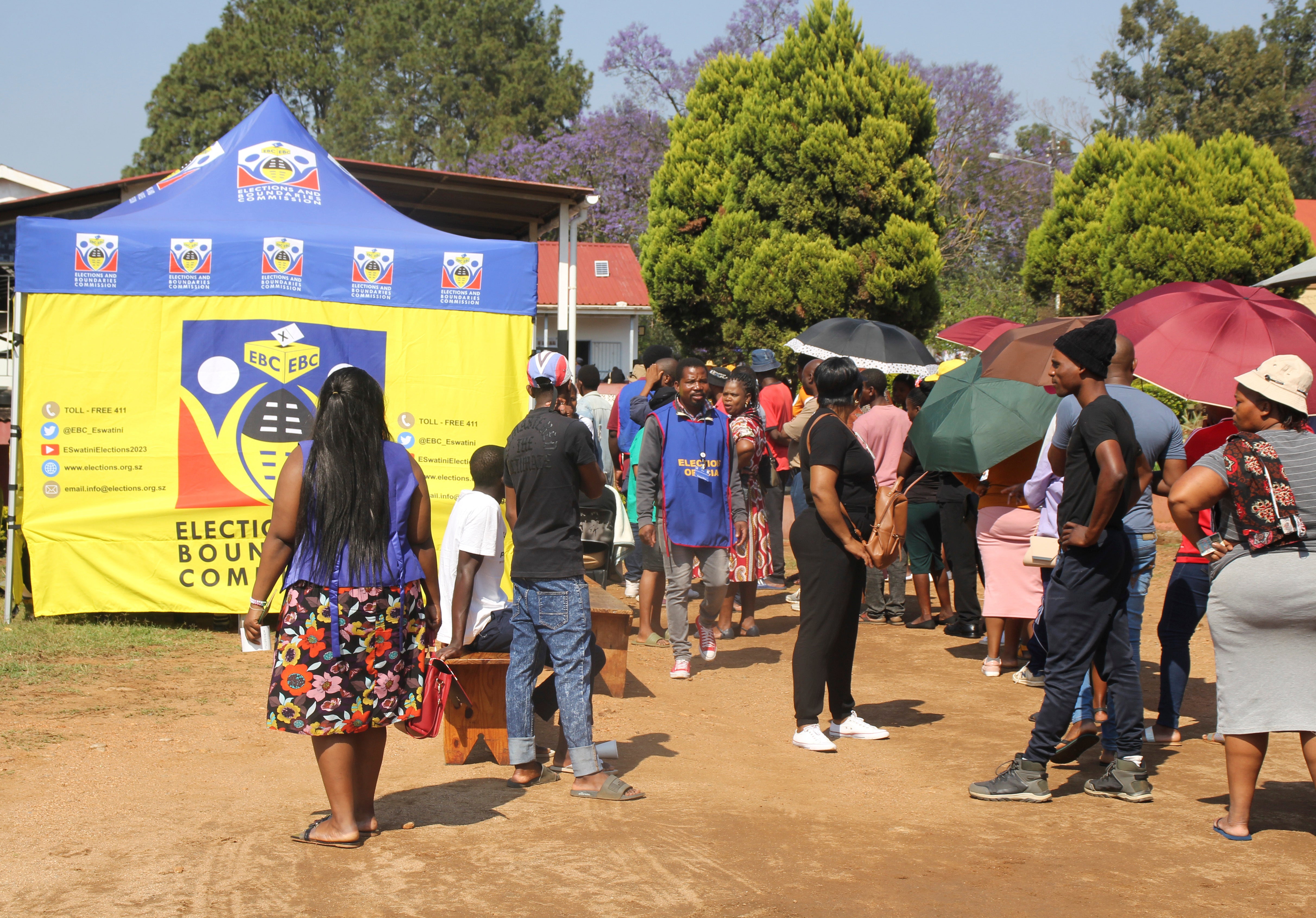The United States has deported five individuals from Vietnam, Jamaica, Cuba, Yemen and Laos to Eswatini, a small southern African nation governed by a king who still holds absolute power.
This move marks Eswatini as the latest country to accept third-country deportees from the US. Authorities in Eswatini state the men are being held in correctional facilities pending their eventual repatriation to their native countries.
Here's what to know about Eswatini.
The king rules supreme
Eswatini stands as Africa's sole absolute monarchy, a unique position among nations. Here, King Mswati III holds supreme power, governing by decree rather than as a mere ceremonial figurehead.
He ascended to the throne in 1986, at the age of 18, succeeding his father, Sobhuza II, who died four years prior in 1982. This places Eswatini among only a handful of countries worldwide where the monarch retains absolute control over the government.

The 57-year-old Mswati III has long been criticized for ruling over a government that suppresses political dissent while he lives a lavish lifestyle in one of the poorest countries in the world.
The king is reported to have 11 wives and has been the subject of scrutiny for buying luxury cars. His wealth has been estimated at between $200 million and $500 million, while the World Bank says more than half of Eswatini's 1.2 million people live on less than $4 a day.
No political parties
Political parties were banned by Sobhuza II in 1973. Some exist now, but they are not allowed to play any role in elections or the political process and have been reduced to civic society groups. Candidates seeking public office in Eswatini's Parliament or Senate have to stand as individuals without any party affiliation and are generally approved by traditional leaders loyal to Mswati III.

Pro-democracy protests have grown in recent years and Eswatini authorities under Mswati III have been accused of crushing them using the security forces. Many dissidents live in exile.
Previously Swaziland
The country was previously known as Swaziland but changed to Eswatini in 2018 after the king announced it should revert to its traditional name in the Swazi language. It was Swaziland when it was under British colonial rule, which ended in 1968.

Severely affected by HIV
Eswatini has been severely affected by HIV and has the highest prevalence in the world, with an estimated 26% of the adult population HIV positive, according to the United Nations AIDS agency.
It has made significant progress in confronting that scourge but has been highly reliant on foreign aid to do that, including assistance from the U.S., which has now been cut by the Trump administration.







